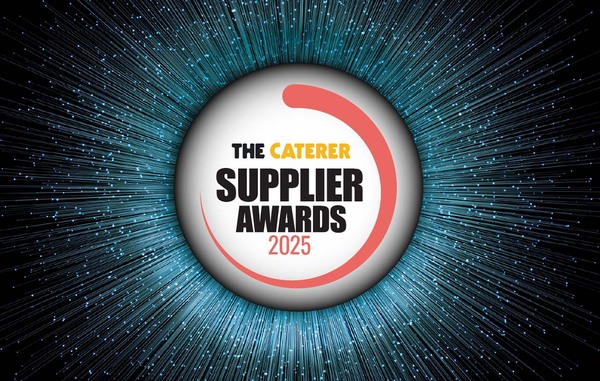How to… unleash the power of an engaged workforce
Great staff retention and employee engagement can only be obtained by businesses which optimise their people practices. Jane Sunley explains
Many hospitality businesses are worrying about candidate shortages, labour turnover and how they're going to fuel profitability and growth with such a shortfall of people. We know that high levels of employee engagement drive improved customer satisfaction, which impacts bottom-line profits. The effectiveness of an individual leader is a key factor influencing engagement and this also affects retention of talented employees, discretionary effort in the organisation and organisational profitability.
There is also compelling evidence of a clear correlation between manager effectiveness and engagement level. This, in turn, impacts the retention of existing teams and a company's ability to attract great people. It's a virtuous circle.
Therefore, by optimising people practices, leadership capability and accountability for engagement, together with clear ‘people KPIs' (such as engagement score or employee net promoter scores), the value-add from your people will increase exponentially.
Many organisations still consider employee engagement to be an ‘HR issue' and view HR as a soft skill. In a transactional HR function, the emphasis is on ‘hiring and firing', managing employee issues and queries, taking care of leave and absence administration. It's therefore difficult to quantify the added value and transformational effects of using people software. An average HR department spends an average of 60% of its time on a range of administrative processes, 30% on employee queries and issues and 10% on ‘the business'. Imagine the outcomes if that could be reversed.
Our view is to ‘uberise' as many processes as possible, outsourcing and digitising transactional processes. Then HR's role becomes about making sure the people plan is right (simple, joined-up, deliverable, monitored) and putting in place the methodology, tools and resources to be able to deliver on it. And who should be doing this delivering? The business, not HR. The only way that employee engagement can successfully be achieved and sustained is by the entire business being committed to, and capable of, making it happen.
For some businesses, this might mean adding processes that, perhaps, haven't been happening. Essential functions that positively impact employee engagement, such as career conversations, succession planning, risk management feedback, goal management, opinion data capture; the stuff people know would be good to do yet fall off the bottom of busy people's lists because they are too cumbersome to do manually. This, unfortunately, can lead people to continue to accept the ‘hire, fire, start, leave' state of affairs as acceptable.
of our general managers are internally promoted and therefore understand our culture.â
In four years, engagement at Valor has moved from 74% to 89%. Wrapping this level of improvement in outstanding commercial processes has led to great value growth.
People are at the core of everything a hospitality business does and the importance of figuring out how to unleash the power of an engaged workforce is massive â" donât be left behind.
Jane Sunley is a business author and the founder of Purple Cubed
Where to start
For a fast and cost-effective way to find out what would engage your people and how well youâre doing in providing it, entries are now open for the Best Places to Work in Hospitality 2019 awards which recognise the top 30 operators in the sector.
Those entering not only benefit from the insight of a unique employee survey, they will also have an opportunity to feature in the top 30 hospitality employers list, which sets a business apart as an employer of choice, and gain a free place at The Catererâs People Forum 2019. The highest achievers will also be in with a chance to be shortlisted for the Best Employer Catey.
To find out more, visit www.bestplacestoworkinhospitality.co.ukÂ
















